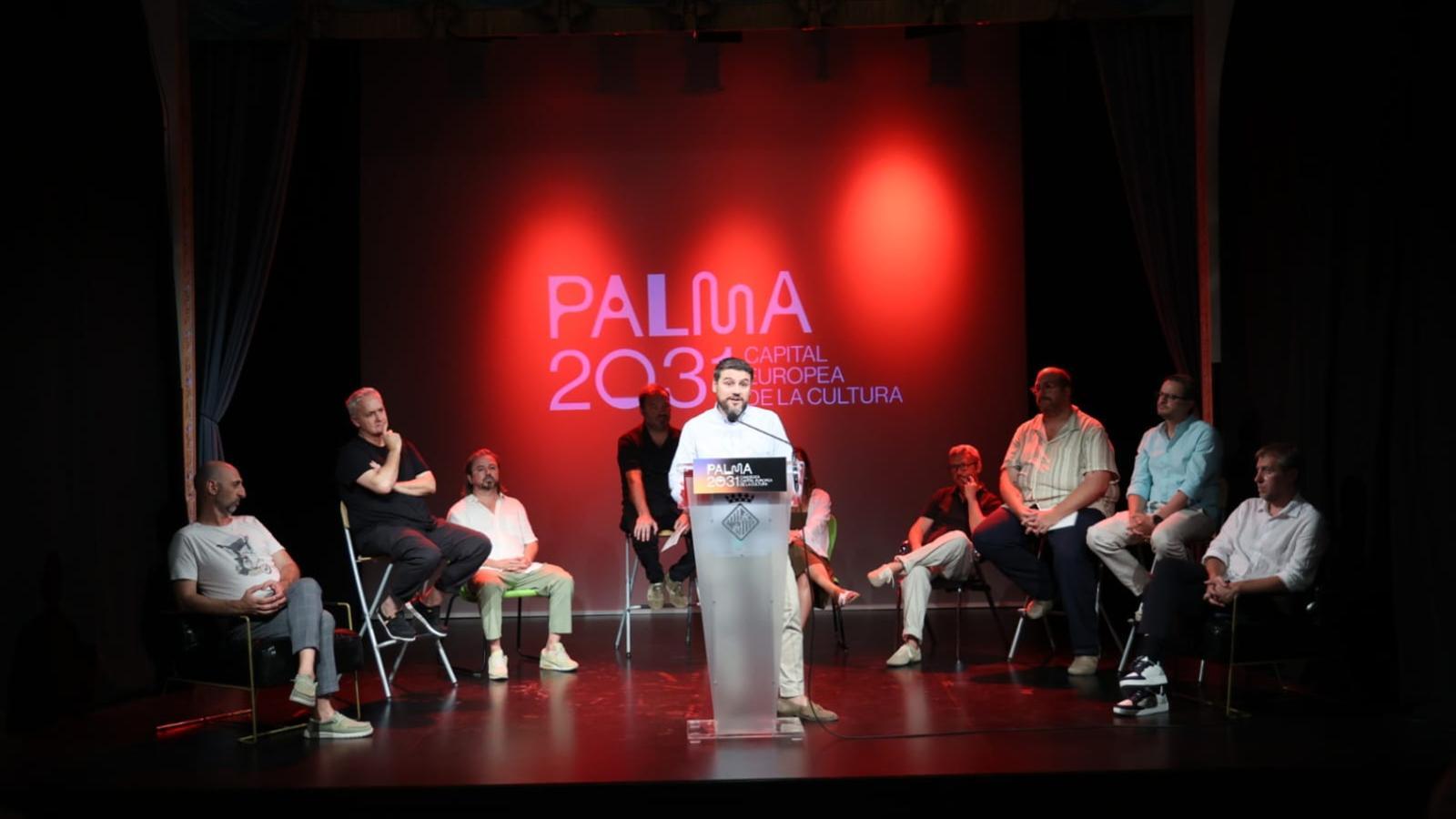Experts warn of the risk that Palma's 2031 Cultural Capital status will become a tourist spectacle.
The REACC Illes community culture network criticizes the lack of real participation and calls for a cultural strategy rooted in the citizenry.

PalmPalma has announced its candidacy for European Capital of Culture 2031. Although it could be an opportunity to redefine the city's cultural model, several cultural groups, such as REACC Illes (Network of Community Cultural Spaces and Agents), have expressed serious reservations about the project's current approach. They warn that "Palma's project clearly focuses on the spectacularization of culture," which distances it "from its transformative potential."
In a statement, the network warns that in the current context of "democratic regression and identity tension," with a City Council governed by the PP and Vox, the proposal must be analyzed. According to REACC Illes, the candidacy's manifesto Mediterranean in motion It is committed to the spectacularization of culture and does not contemplate "real mechanisms for citizen participation or commitments to community cultural practices." "What culture does Palma want to represent? Who is this capital city conceived for? What values underpin it?" are some of the questions that the promoters of the text They say they should be debated.
An alternative view from experience
The statement includes reflections from those responsible for Donostia 2016, the project that won the Basque Capital of Culture award. The project was conceived as a "counter-capital" that championed a collaborative and critical culture. "What we were clear about from the beginning was that we had to avoid the capital being an ephemeral event, where culture prevailed as a mere spectacle," says Santiago Eraso, one of the people responsible for the San Sebastián project. However, he acknowledges that the initial impulse was partly "neutralized by the institutional machinery," and that visibility and political control eventually prevailed over the participatory process.
For his part, Ricardo Antón points out that the limits of any attempt at transformation within the current system must be taken into account: "The capitalist system has an enormous capacity to absorb any critical attempt. [...] Perhaps the best option would be to try to win the candidacy, but end up losing, in order to launch a truly transformative project outside of the showcase.
In any case, those responsible for the project also emphasize the time they had to develop it: "Donostia's candidacy was articulated in 2011 as a project that proposed to go beyond the traditional format of cultural capital and commit to an expanded, situated, pacifying, critical, collaborative culture."
Culture as a right, not a brand
REACC Islas, for the European Capital of Culture bid, advocates for a long-term, rooted cultural strategy that will continue beyond 2031. "A good dossier doesn't transform a city. What isn't worked on from the bottom up, with connections and time, isn't sustainable," they warn. They also call for a redistribution of resources toward grassroots culture, invisible work, and collective creativity, leaving aside marketing campaigns and a tourism-driven approach. "We need a culture of living memory, conflict, political imagination, and reparation," they added.
Towards a Palma de Mallorca for citizens
With a critical but proactive tone, the manifesto concludes that it is necessary to be prepared to launch an ambitiously transformative cultural project, even if Palma does not win the bid. And, in final words laden with symbolism, the statement evokes Melville's Bartleby: "Sometimes we must dare to say: 'I would prefer not to.' Or, at least, not do it as it has always been done."
Read the full statement signed by REAAC Illes (Network of Community Cultural Spaces and Agents) here. Balearic Islands Node.
